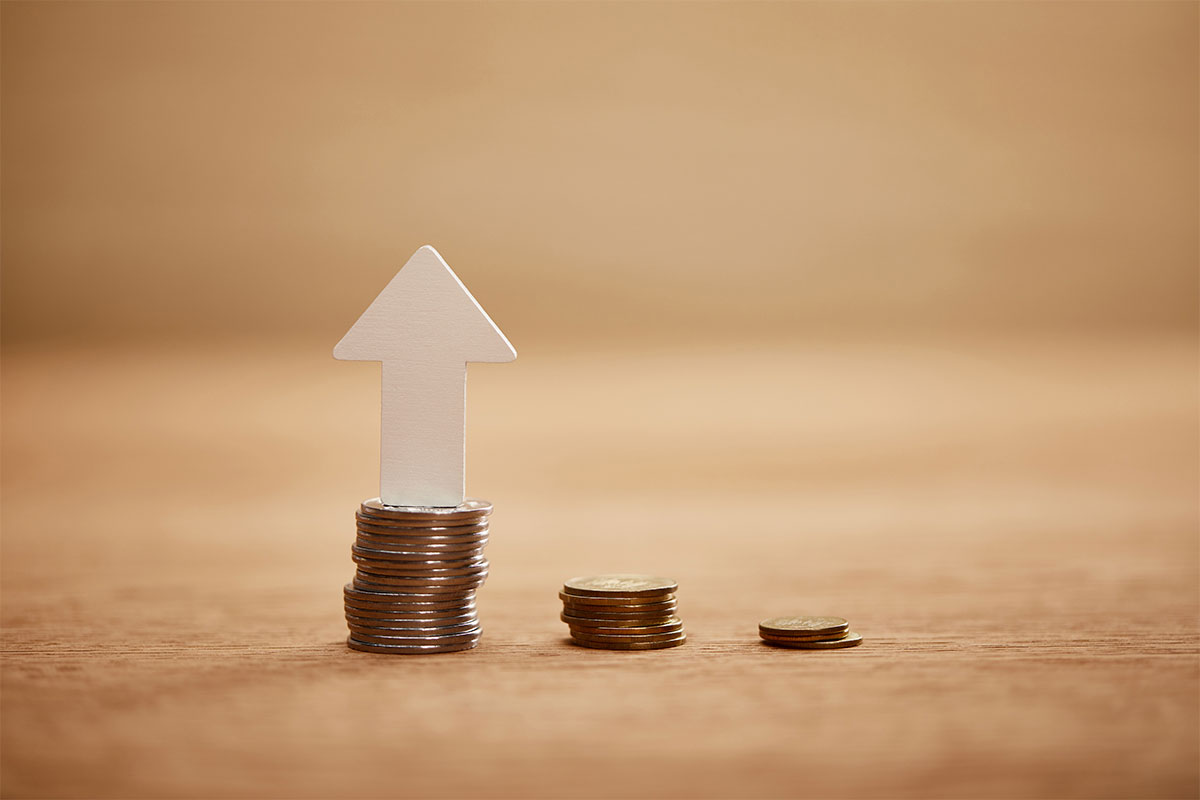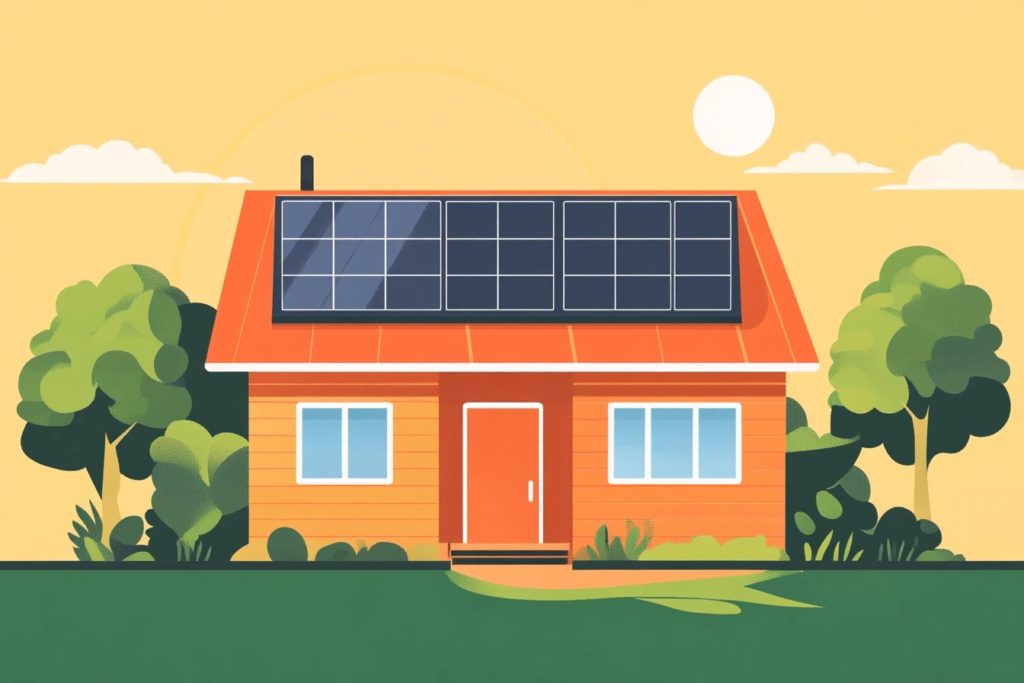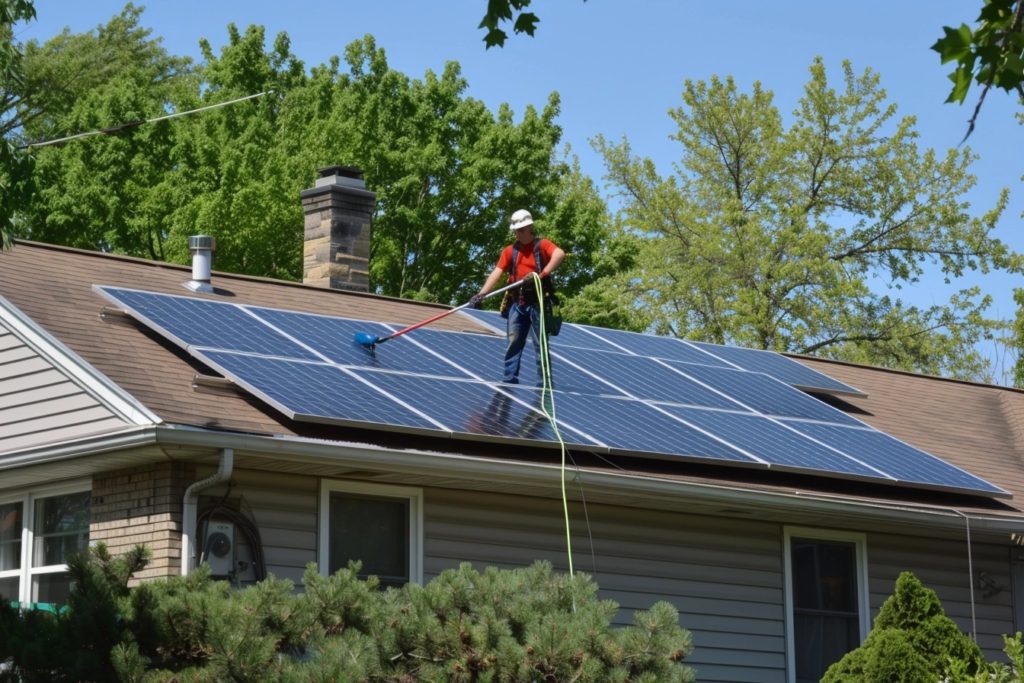If you’ve already installed a solar energy system for your home, you’ve taken a huge step toward energy independence. You’re saving a significant amount of money compared to buying energy from the utility company, and you’re doing your part to protect our environment as well. However, there are some situations in which homeowners realize their solar systems aren’t producing quite as much power as they’d like. Thankfully, there are solutions to this issue that may be less of a hassle than you might expect.
If this sounds like you, perhaps it’s time to consider adding solar panels to your existing system. To determine whether you should be adding solar panels to your house, let’s walk through a few different indicators that it might be time to expand your system.
Aspects to consider before buying more solar panels
Compatibility concerns
The first and most important question to ask yourself before adding solar panels to an existing system is, “Are my current panels compatible with the panels I want to add?” The best option is to add the same type of panels you bought in the first place, if they’re still available. This has some practical applications, as it’s advantageous to have solar panels with similar outputs and efficiency ratings. Likewise, it just looks nicer to have all of your solar panels match when it comes to appearance.
If you can’t find the same exact panels, or you would prefer different ones, you should still make sure that any new panels you install have the same power output ratings. If you don’t, you could cause significant damage to your current system due to compatibility issues.
Do you have room for more solar panels?
This may sound like a bit of a silly question, but you’d be surprised by how many homeowners make the mistake of adding solar panels to an existing array that doesn’t actually have room for more panels. Rooftop systems often don’t have much room for expansion, especially if your roof is shaded or significantly angled. If you have a ground-mounted array instead, this is usually much less of an issue.
How much energy do you need?
There is a fine line between having the right amount of solar energy for your home and generating more power than you could ever actually use. It’s important to carefully consider your home’s energy usage before purchasing additional solar panels, especially if you live in an area that doesn’t have net metering regulations. With net metering, you can sell excess energy back into the grid, but this isn’t allowed everywhere.
If you decide that you do want more energy, you will need to decide how many panels you should add. In this scenario, you should have a respected solar installer (like one of LGCY Power’s local installers) help you analyze your energy needs. Providing your installer with copies of your electric bills both before and after adding your solar system will help them figure out how many panels you need.
Inverter capacity issues
Does your inverter have the capacity to handle adding panels to the solar system? Your residential solar energy system was originally installed with an inverter that can handle the output of your existing panels. If you’re adding more than a panel or two, the significantly increased size of your array may present issues that your current inverter cannot overcome.
This is one of the reasons why microinverters are becoming increasingly popular. Because they’re attached to each panel itself, adding panels is simply an issue of adding microinverters, as opposed to replacing an optimizer or string inverter.
Who should install your new panels?
Many homeowners simply contact their original solar installer to add new panels to their systems, and it’s easy to see why. After all, that installer already knows the ins and outs of your array and can easily expand on it. In fact, some solar installers won’t work on projects they didn’t originally install.
First off, solar add-on projects are often quite small, making them financially inefficient for the installer. Furthermore, there can be warranty issues and disputes between installers if the system ever fails — many installers find it easier to only add onto their own original work.
Connectivity and permits
Another aspect to consider is whether adding solar panels to a house will require you to acquire any permits. While most small additions won’t require additional permitting, if you add more than a couple of panels and/or have to swap out your inverter, there’s a very good chance that you’ll need to acquire further permits for the project. Thankfully, any reputable local solar installer can help you figure out your permitting and interconnectivity needs.
Solar incentive availability
Finally, when adding solar panels to an existing system, you should consider the solar incentives available to you. In many states, incentives are limited to one use per address or per person, meaning that if you took advantage of solar incentives to originally build your array, you may not be able to use them for your add-on project.
In Conclusion
If this seems like a lot to keep in mind, just remember that LGCY Power’s local installers can help you answer all of these questions and more. If you have concerns about adding solar panels to an existing array, contact us at your convenience at 855.546.0851 and we’ll be happy to walk you through the process. We can help you figure out the cost of adding solar panels to your house, adding a portable solar panel to an existing system, and much more.
Adding solar panels to a house can be more complicated than it seems on the surface, but with a partner like LGCY Power, you won’t have anything to worry about!
You’ve probably heard the sales pitch a million times: “Solar panels for your home can save you thousands compared to paying your utility bill!” In reality, there’s quite a bit of nuance involved when determining whether you should install a home solar power system. With that in mind, let’s take a deep dive into the different factors you need to consider when you’re thinking about taking the leap into residential solar power.
How Much Are You Currently Paying for Electricity?
The first aspect you need to consider is how much you’re currently paying for electricity. Depending on where you live, you might pay less than 10 cents per kilowatt-hour (kWh), or you might pay in excess of 20 cents per kWh. Obviously, how much money you stand to gain from installing solar panels is based largely on how much you’re paying for energy right now. The more expensive the rates charged by your local utility, the more money you can save with residential solar power systems.
It’s also crucial to consider how much you will be spending on solar panels for home installation. One of the main considerations in this area is how much energy your home consumes. If you have a small house, and your roof is in direct sunlight for much of the day, you can probably get away with a rather minimal setup. On the other hand, if you live in a large home — or if you don’t receive much direct sunlight — it could take a much larger solar system.
How Do You Plan to Finance Your Solar Panels?
Continuing along these lines, how you choose to finance your solar panels also matters. Buying solar panels for your home with an up-front payment will almost always provide the most significant long-term savings. Solar power companies often offer solar loans, which can also provide robust savings compared to using a typical utility company for your electricity, although not to the same level as paying cash.
The other common option is a power purchase agreement (PPA), which usually does not require a down payment and includes regular maintenance. The PPA will provide the least amount of cost savings but can still save you at least 10% compared to simply paying your utility bill.
Additionally, different states have different programs available for solar incentives. 2021 was scheduled to be the final year of the federal solar investment tax credit, which allows homeowners to deduct a large percentage of their solar costs. The expiration of this program is now unknown. Because the expiration of federal programs are unknown, state solar programs are even more important. Some states, like Florida and California, have generous solar incentives that can save you a tremendous amount of money. Meanwhile, other states (for instance, Arkansas) have no solar incentives of any kind.
Solar Energy Prefers Some Climates Over Others
The climate where you install your home solar power system also plays a significant role. In general, solar panels will produce more energy when they’re located in sunny, dry climates as opposed to cloudy, wet areas. That’s why residential solar power is so popular in the American Southwest and relatively less so in the Pacific Northwest.
How Long Does It Take For a Solar Install to Pay For Itself?
The vast majority of residential solar power installations pay for themselves over time, but how long does that take? The answer to this question has quite a bit of nuance, as it varies depending on the frequency of direct sunlight, the cost of electricity from utility companies, and the available solar incentives. For the most part, a typical American homeowner’s home solar power system will likely pay for itself within about a decade.
When you consider that the typical solar panels for home installation last 25-30 years, it’s clear that you can save a significant sum by installing solar panels. The best solar panels for home systems can last even longer! Once you hit the break-even point on your system, the rest of your residential solar power system’s life cycle is basically free energy.
Solar Panel Maintenance
We should probably also discuss the issue of maintenance. Thankfully, solar panels are quite simple to maintain, so this aspect shouldn’t sway your decision too much. You will occasionally need to clean dirt and debris off of your panels, and you might need to do some snow removal in the winter. Other than that, there isn’t much maintenance required for residential solar power systems.
Do solar panels increase the value of your home? For the most part, yes. According to the Office of Energy Efficiency and Renewable Energy, you can expect a typical residential solar system to add roughly $15,000 to the value of your home. However, it’s worth noting that this figure can vary considerably based on your location.
Still Have Questions?
If you have any remaining questions about whether installing solar panels for your home pays off, feel free to contact LGCY Power at your convenience. Our solar experts can help you figure out if installing solar panels for your home is a wise decision, and we can also assist you to choose the system that’s right for your home.
As you can see, there are quite a few variables involved when determining how much money you can save by installing residential solar panels. However, for most people, you will end up seeing noteworthy cost savings someday. The big variable is how long it takes for your solar system to pay for itself. In some situations, it can take as little as just a few years, but in other cases, it could take decades. Make sure you understand how these variables will affect your home before you purchase your solar panels!






